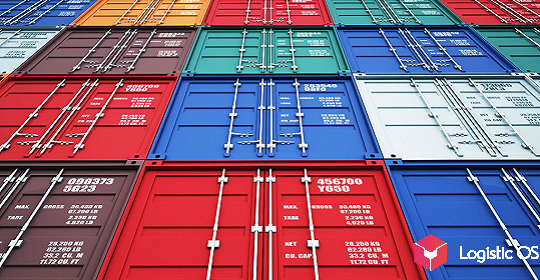Fertilizer factories are closing in the Baltic States and Poland.
The largest Polish chemical company Grupa Azoty suspends the production of nitrogen fertilizers.
As noted in the company, they cannot influence the situation with the cost of gas in any way, and it was also not possible to predict the scale.
A cubic meter of gas costs $2,900, while a week ago it cost $2,500 for production. In six months, the cost of energy has increased to €276 per MWh from €72 per MWh.
In April, the representative of the Polish government on strategic energy infrastructure, Piotr Naimsky, said that the authorities understand what risks they are taking by refusing Russian gas and are ready for them (Poland became the first country to refuse to pay for Russian gas in rubles).
As a result, the chemical industry was the first to suffer from the policy of the Polish leadership, paying for the refusal by stopping the production of nitrogen fertilizers.
The production of nitrogen fertilizers and not only requires natural gas, the price of which is breaking record after record.
The next in the chain are farmers who will not receive ammonium nitrate, carbamide and other fertilizers before the start of autumn field work.
Further — a possible decrease in yield due to lack of fertilizers, and, as a result, a further rise in prices.
The situation is similar not only in Poland, but throughout Europe, where, in general, the production of nitrogen fertilizers has decreased by a quarter.
Due to the high cost of production, the largest manufacturer in the Baltic States, the Lithuanian plant Achema, freezes its work from September 1.
Rising natural gas prices resulted in uncompetitive prices for products compared to products from Russia and the United States.
The Achema plant employs 1,200 people, and the company has exported 70% of its products to 30 countries around the world.
Not so long ago, the largest plant in the UK, Ince, stopped the production of nitrogen fertilizers.
The policy of the EU countries to abandon Russian gas and switch to Western gas does not only affect the chemical industry, although it was it that took the first blow, since ammonia obtained from natural gas is needed for the production of fertilizers.
Along with the affected chemical industry is metallurgy, which is a large energy-intensive area where the cost of gas flows into expensive electricity.
Of course, there will not be a 100% decline in industry in the EU countries, they will look for alternatives to Russian gas.
The only question is what price Europe will pay for its political position, bringing part of its production to uncompetitive prices on the world market.
Meanwhile, exchange prices for gas in Europe exceeded $3,000.
Will the record of March 2022, when the price of gas on the exchange reached $3,900, be broken?

